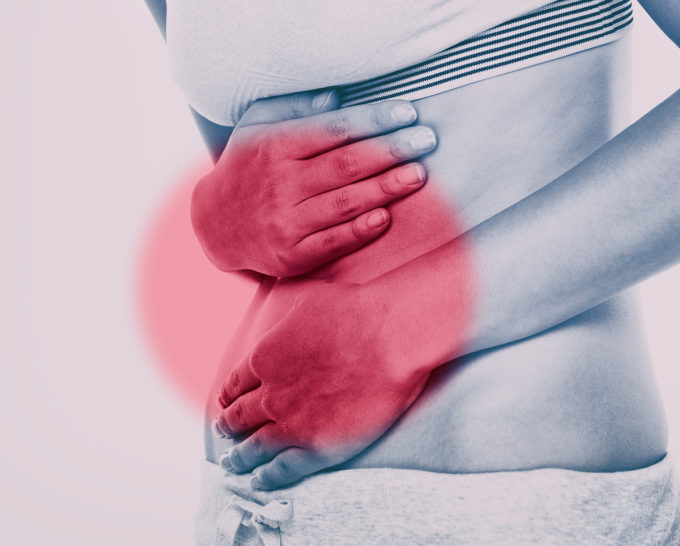Crohn’s Disease
Crohn’s Disease is a chronic inflammatory process that can affect any part of the intestinal tract from the mouth to the anus. It most commonly affects the last part of the small intestine and the colon and rectum. The majority of patients are young adults between the ages of 16 and 40, although older people may also develop the disease. The exact cause of Crohn’s disease is not known. Some theories suggest bacterial and immunologic causes. There is a genetic (inherited) component to the disease. Both men and women can get the disease.
Common symptoms of Crohn’s disease include abdominal cramping and bloating, diarrhea, fever, weight loss, anal pain and drainage, skin lesions, rectal abscesses, fissures and joint pain. There is a slight increase in the risk for the development of some cancers in patients with Crohn’s disease.
X-ray testing and endoscopy (looking into the intestine with a lighted tube) are used to make the diagnosis.
There is no cure for Crohn’s Disease. Treatment is based on control of symptoms. Medications including steroids and anti-inflammatory medications are commonly used. 6-mercaptopurine (6-MP) and azothioprine (Immuran) are immunosuppressive drugs that can also be used. The antibiotic metronidazole (Flagyl) is frequently used in patients with anal disease. Surgery is usually limited to treatment of complications of Crohn’s disease, including perforation, blockage or bleeding of the intestine. Internal fistula (abnormal communications in the abdomen), abscess formation, severe anal disease and disease that does not improve with medical therapy are also indications for surgery. Approximately three-fourths of all patients with Crohn’s disease will eventually require surgery. Although surgery does not cure that patient from the disease, it often times provides long term relief of symptoms and may decrease the need for medication.
Ulcerative Colitis
Ulcerative Colitis is an inflammatory disease of the large intestine. Occasionally a small section of the end of the small intestine may be involved (backwash ileitis). The actual cause of ulcerative colitis is unknown. Common symptoms of ulcerative colitis include rectal bleeding, diarrhea, abdominal cramping, weight loss and fever. Long standing ulcerative colitis can significantly increase a person’s risk for developing cancer of the colon and rectum.
Initially the treatment for ulcerative colitis is with the use of medications. Antibiotics, steroids and other anti-inflammatory drugs are commonly used. Immunosuppressive drugs such as 6-MP can also be used in cases which are difficult to treat or recur frequently.
Patients require surgery for complications of the disease: bleeding, perforation and infection. Chronic disease which no longer responds to medical therapy is also an indication for surgery. Patients with long standing ulcerative colitis should undergo periodic screening with colonoscopy. If pre-cancerous signs are seen, removal of the colon is recommended.
The content on this site is intended for informational purposes only and is not intended as medical advice.


